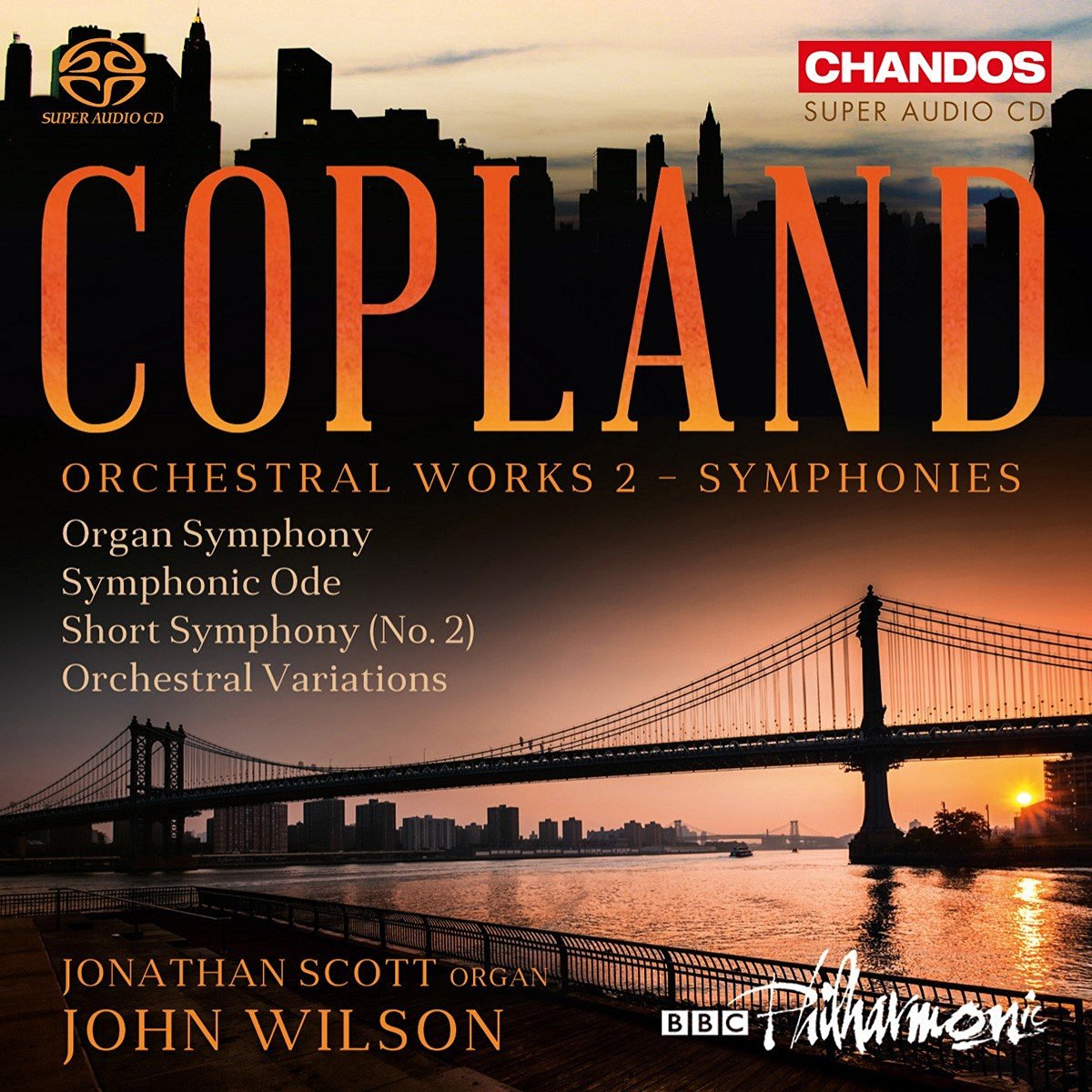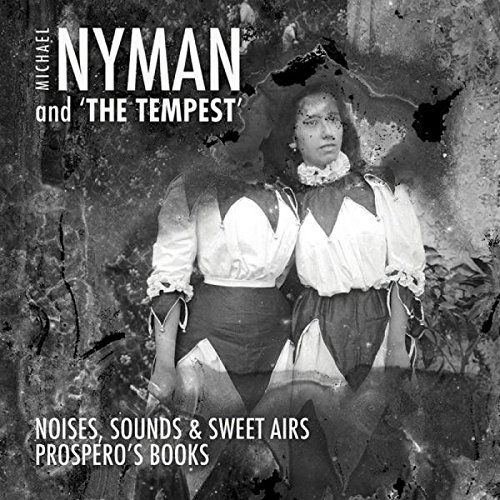The Symphony of Psalms, which ended the Philharmonia’s Stravinsky series last night, is an indelible masterpiece, silencing the tired but persistent accusation that Stravinsky’s music is clever but cold. Abstract it may be, but suffused with an exile’s deep longing, spritual hope rising in harmonies of heart-stopping consolation until that final, revelatory C major chord. This performance (with three Swedish choirs) was of focused beauty and searing sincerity; I have never heard better.

The new season at the Royal Liverpool Philharmonic is focusing on revolutionaries. Bach, Beethoven and Berlioz all feature strongly over the next few months, as will Stravinsky and – where else but Liverpool? – The Beatles.

This year, Valery Gergiev is marking the Prokofiev 125th anniversary with concerts and projects in no fewer than 17 countries. Yet much of last night’s concert, the first of a three-night stint in London, made this whole endeavour feel more like a duty than either an imperative – or a pleasure.

Stravinsky's music, chameleonic yet always itself, offers so many lines of thought. One struck me immediately with the descending, even harp notes and tender, veiled strings at the start of his 1947 ballet Orpheus last night: the inexorable beat of time is so often pitted against an expressive, human voice. Esa-Pekka Salonen, who started out as a rhythm and textures man, now gets the humanity too.

It’s just a short trip down the A1 from Edinburgh. But East Lothian – with its big skies, wide-open spaces, empty beaches and seemingly inexhaustable supply of quaint, historic villages – feels like a long, long way from the Scottish capital. Especially from the heaving, hectic Edinburgh of the August festivals season – which East Lothian’s Lammermuir Festival follows by just a couple of weeks, managing to maintain the momentum of artistic endeavour, but also providing a far more reflective, considered antidote.

Vladimir Jurowski began his latest season as Principal Conductor of the London Philharmonic with a typically bold and adventurous programme. At its core were the two Szymanowski violin concertos performed by Nicola Benedetti, and these were framed by Debussy’s Prélude à l'après-midi d'un faune and Bartók’s The Miraculous Mandarin Suite. The two concertos are stylistically distinct, the First impressionistic, the Second folk-influenced, so the pairings were apt.

 Copland: Orchestral Works Volume 2 Jonathan Scott (organ),BBC Philharmonic Orchestra/John Wilson (Chandos)
Copland: Orchestral Works Volume 2 Jonathan Scott (organ),BBC Philharmonic Orchestra/John Wilson (Chandos)

Medieval to Modern – Jeremy Denk’s Wigmore Hall recital took us on a whistle-stop tour of Western music, beginning with Machaut in the mid-14th century and ending with Ligeti at the end of the 20th. The programme was made up of 25 short works, each by a different composer and arranged in broadly chronological order, resulting in a series of startling contrasts, but punctuated with equally surprising, and often very revealing, continuities.

"Total immersion", the term used for the BBC Symphony's one-composer days, takes on a whole new meaning in the Thames Tunnel Shaft now transformed – but fortunately not subject to makeover – under the mantle of Rotherhithe's Brunel Museum. All the more so with the pioneering Modulus Quartet, who presented the mostly consonant music of six collaborative composers with the main lights out, shifting colours on the performing space and films either to accompany three of the works or to let the creators speak in short, unpretentious introductions.

 Michael Nyman and The Tempest – Prospero’s Books and Noises, Sounds & Sweet Airs (MN Records)
Michael Nyman and The Tempest – Prospero’s Books and Noises, Sounds & Sweet Airs (MN Records)

